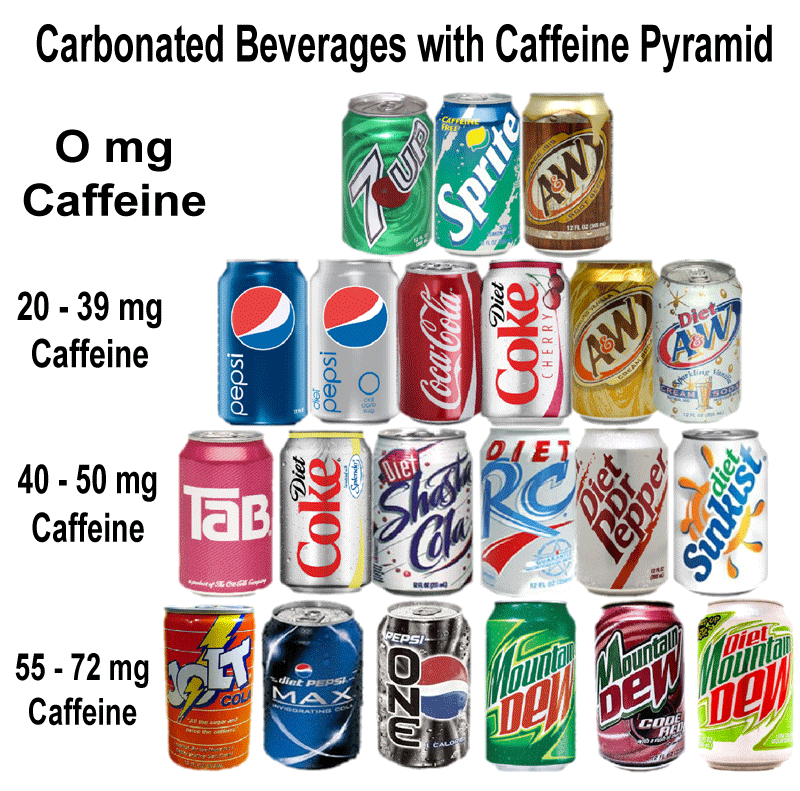

Remember, Ozempic lowers your blood sugar and can cause low blood sugar (hypoglycemia). This suggests that Ozempic itself doesn’t cause headaches.īut Ozempic’s known side effects can lead to headaches. In terms of side effects, the experts didn’t find any evidence that the group of people taking Ozempic had more headaches. In one large review of current evidence, experts looked at people who took Ozempic and other medications for diabetes treatment. These actions can lead to improved blood sugar control over time, which is helpful for people with diabetes.
#CAFFEINE HEADACHE AND NAUSEA FULL#
Slows down how quickly your stomach empties, so you feel full quicker Sends your brain signals that make you feel less hungry Increases insulin production, which brings down your blood sugar These medications mimic a hormone in the gut - glucagon-like peptide-1 - that your body releases after you eat. Ozempic belongs to a class of medications called semaglutide. Aspirin may be too tough on your stomach and can cause stomach upset.Before diving into Ozempic and headaches, it’s helpful to know a few things about how Ozempic works. Over-the-counter pain relievers, such as ibuprofen or acetaminophen, may help relieve your headache.


In some cases, lifestyle changes or home remedies may help relieve your symptoms. For example, they may recommend lifestyle changes, medications, or other treatments to help prevent or relieve the symptoms of migraines. If you have an underlying medical condition, your doctor will try to treat or manage it. Your recommended treatment plan for headache and nausea will depend on the cause of your symptoms. traumatic brain injuries, such as concussion or subdural hematomaĬonsuming too much caffeine, alcohol, or nicotine can also cause headache and nausea.West Nile virus infection (West Nile fever).Addisonian crisis (acute adrenal crisis).SARS (severe acute respiratory syndrome).poisoning due to black widow spider venom (black widow spider bites).malignant hypertension (arteriolar nephrosclerosis).brain infections, such as meningitis or encephalitis.infections, such as the common cold or flu.Other conditions that can lead to headache and nausea include: If you have diabetes, taking too much insulin can also cause low blood sugar. Low blood sugar can develop for a variety of reasons, including excessive alcohol consumption, medication side effect, severe liver or kidney disease, long-term starvation, and hormonal deficiencies. Dehydration can occur when you don’t drink enough fluid. Other conditions associated with headache and nausea include dehydration and low blood sugar. They’re often preceded by a visual or sensory disturbance, called an aura. Migraines can cause a variety of symptoms, including nausea, dizziness, sensitivity to light, and severe headache pain. Migraine headaches are a common cause of combined headache and nausea.


 0 kommentar(er)
0 kommentar(er)
